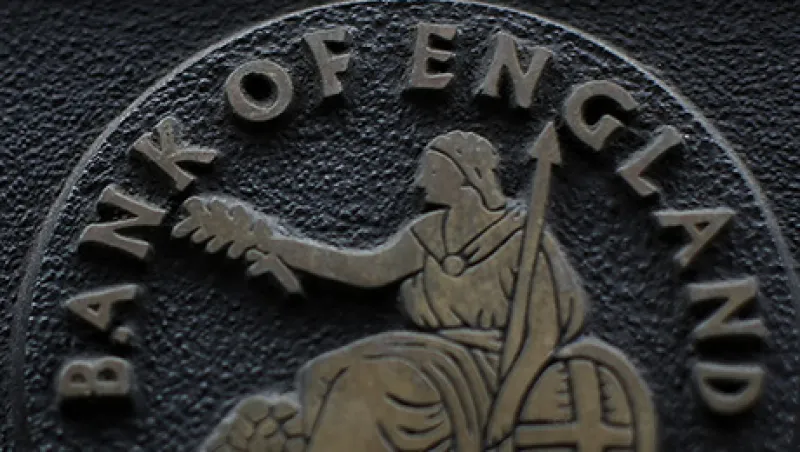The Bank of England’s Monetary Policy Committee voted 8 to 1 to keep the bank’s benchmark rate at historic lows but reiterated that a hike is on the way as they anticipate inflation will pick up before year-end. Critically, Governor Mark Carney and his colleagues dismissed concerns about turmoil in the developing markets driven by slowing Chinese demand. In focusing on domestic fundamentals rather than macro jitters, the U.K.’s central bankers are echoing comments from Federal Reserve officials who see no reason to hold off on tightening. With two central banks now set to diverge from the rest of the world and begin tightening, many analysts now predict that higher volatility levels will continue in coming months.
Brazil’s Debt Cut to Junk
Yields jumped on Brazilian treasuries Wednesday after credit agency Standard and Poor’s lowered its rating on the nation’s debt to a non-investment grade level. S&P rated Brazil’s debt at BB+ due to a combination of inflation, slowing economic activity and the ongoing Petrobras political scandal.
BlackRock’s Charles Hallac Dies
BlackRock co-president Charles Hallac died Wednesday after a year-long struggle with cancer. Hallac joined the firm in 1988 and had held a number of senior roles including chief operating officer over the subsequent decades.
Puerto Rico Unveils Plan
On Wednesday, the working group of experts assigned to develop a restructuring proposal by Puerto Rico’s Governor Alejandro Garcia Padilla presented to creditors. The officials have identified a $13 billion shortfall in funds necessary to met obligations in the coming five years. The commonwealth does not have the option of seeking bankruptcy protection under current federal law.
French Industrial Production Tumbles
July industrial output data released today by the French National Institute of Statistics and Economic Studies, or INSEE, registered at -0.8 percent for the month, much weaker than consensus forecasts. Manufacturing of electronics and transport equipment were particularly hard hit as the French economy continues to struggle to generate momentum despite European Central Bank easing.
Li Keqiang Rules Out Easing
Chinese Premier Li Keqiang dismissed quantitative easing as a policy option for his nation in comments before the World Economic Forum meeting in Dalian, China Thursday. Separately, inflation data released today by the National Bureau of Statistics indicates that consumer prices rose more than anticipated in August while costs at the factory gate plunged with the headline producer price index registering 5.9 percent lower than the same period last year.
Portfolio Perspective: Consumer Spending to Boost Germany
German data has been mixed of late and the markets appear to have concentrated on the weakness in exports to China. However, investors appear to have overlooked a huge shift in German consumer behavior. For over three years, we have highlighted that real wages were growing in Germany alongside a tightening labor market. It seems that the near decade-year high in German propensity to consume is finally being translated into real sales.Even excluding the surge in auto sales, German retail sales have broken through their 15-year record high. Interestingly, there have also been other supporting factors encouraging the surge in consumption. Firstly, household borrowing has started to rise. Secondly, real household incomes have climbed, helped by lower fuel prices. Uniquely, the rise in household income growth was so marked that it allowed households to both spend more and save more. Almost, a “virtuous” consumer backdrop.
A weak euro, falling energy prices and a surge in consumption has helped German earnings revision to almost “inflect” positively, making the equity market one of the few developed markets to show aggregate positive revisions.
— Sean Darby, chief global strategist for Jefferies in Hong Kong
Visit the Daily Agenda each morning for the latest market news and analysis.






